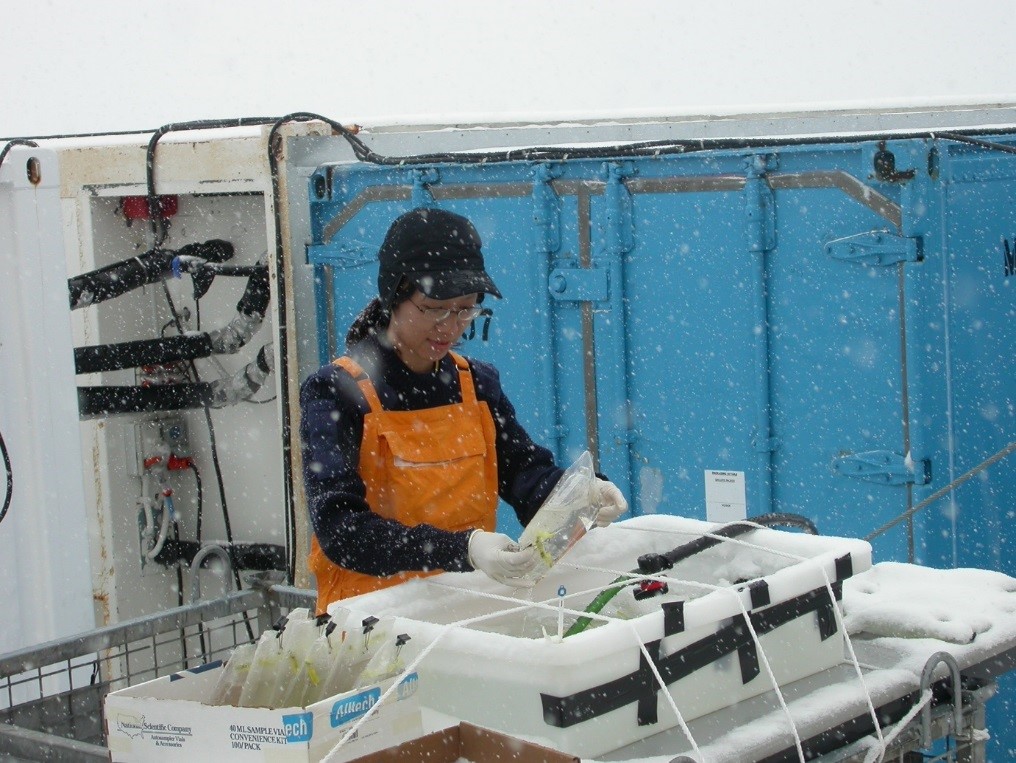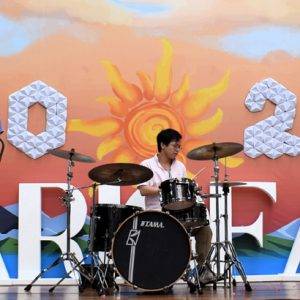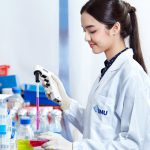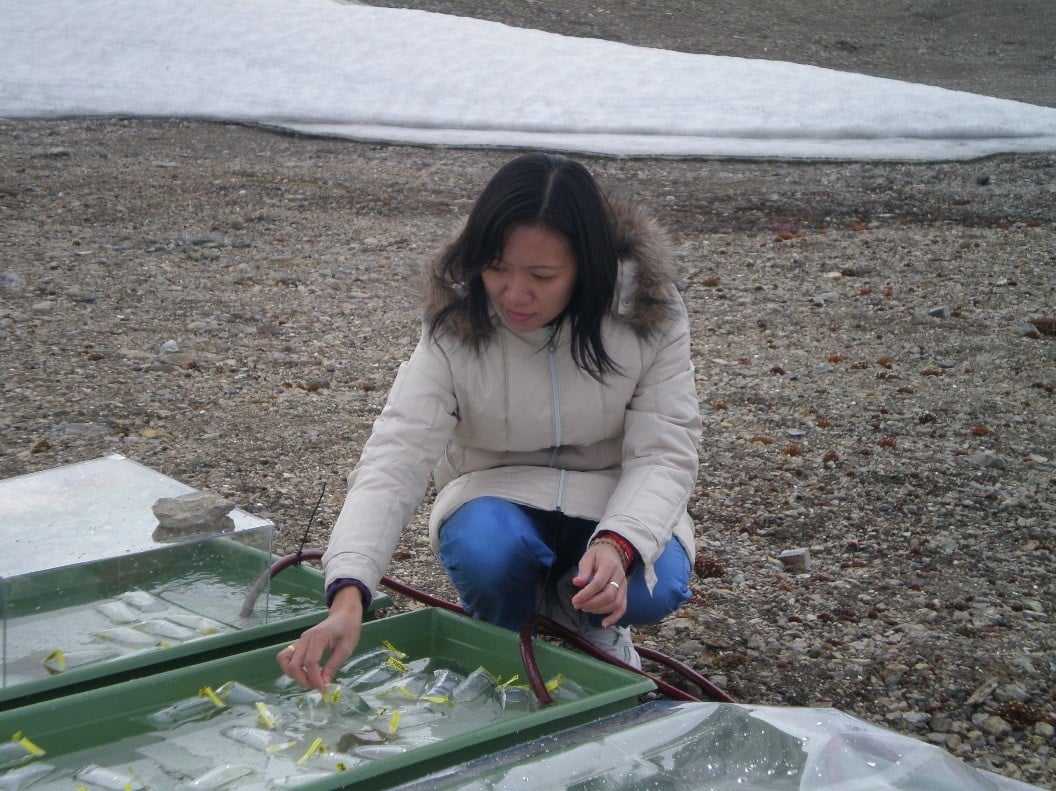 An International Medical University (IMU) lecturer for the Medical Biotechnology programme, Dr Wong Chiew Yen, successfully secured a research grant worth RM 827,600 from the Ministry of Science, Technology & Innovation (MOSTI) for Antarctic research. The grant is for a duration of three years. With this grant, Dr Wong will be working on physiological and genomic responses of microalgae to climate changes across a global gradient in collaboration with University of Malaya and British Antarctic Survey.
An International Medical University (IMU) lecturer for the Medical Biotechnology programme, Dr Wong Chiew Yen, successfully secured a research grant worth RM 827,600 from the Ministry of Science, Technology & Innovation (MOSTI) for Antarctic research. The grant is for a duration of three years. With this grant, Dr Wong will be working on physiological and genomic responses of microalgae to climate changes across a global gradient in collaboration with University of Malaya and British Antarctic Survey. 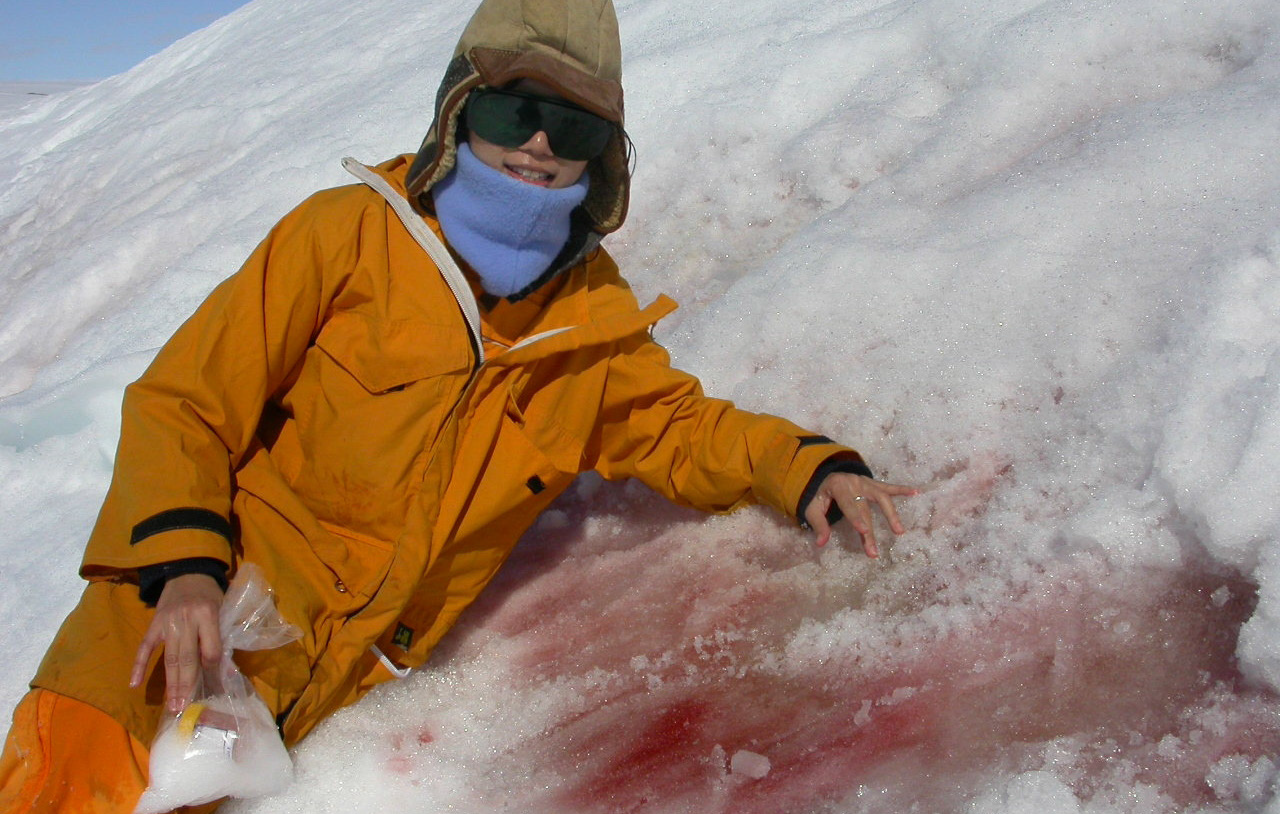 Changes in the global environment, especially global warming and ozone depletion which resulted in the increase of ultraviolet radiation (UVR) and temperature can have far-reaching impacts on organisms especially microalgae in the Antarctic, affecting their physiological processes and productivity. Impacts of such environmental changes on microalgae are of particular interest as they form the basis of the food webs in the Antarctic ecosystem. The current project is therefore timely, as global warming is resulting in increased impacts worldwide, while the impacts of ozone depletion may be felt over a wider part of the Earth’s surface over the next few decades.
Changes in the global environment, especially global warming and ozone depletion which resulted in the increase of ultraviolet radiation (UVR) and temperature can have far-reaching impacts on organisms especially microalgae in the Antarctic, affecting their physiological processes and productivity. Impacts of such environmental changes on microalgae are of particular interest as they form the basis of the food webs in the Antarctic ecosystem. The current project is therefore timely, as global warming is resulting in increased impacts worldwide, while the impacts of ozone depletion may be felt over a wider part of the Earth’s surface over the next few decades.
In this study, Dr Wong and the research team will focus on the effects of increased temperature and UVR on the photosynthetic and oxidative response, and the underlying transcriptomics, in microalgae across a global gradient. This will enhance the understanding of how microalgae from different geographical regions respond to the effects of increased temperature and UVR, in the context of physiological changes, photosynthesis, enzymatic activity and gene expression.
The objectives of this project are closely aligned with the aims of the recently-approved SCAR international Scientific Research Program, Antarctic Thresholds – Ecosystem Resilience and Adaptation. This project, therefore, provides a timely and important opportunity to place Malaysian Antarctic research firmly in the mainstream of the international research priorities identified by SCAR. Dr Wong has been involved in Polar research when pursuing her doctoral degree in University Malaya. Her previous studies compared the physiological responses (mainly growth and biochemical compositions) of selected Antarctic microalgae with those tropical and temperate microalgae to the effect of UVR and temperature stress. Results show that under global warming scenarios, the food web in Antarctica may suffer because of the consequential reduced nutritional (fatty acid and carbohydrate) value of the microalgae. The findings contribute to the understanding of how the Antarctic, tropical and temperate microalgae respond to UVR and temperature stress. 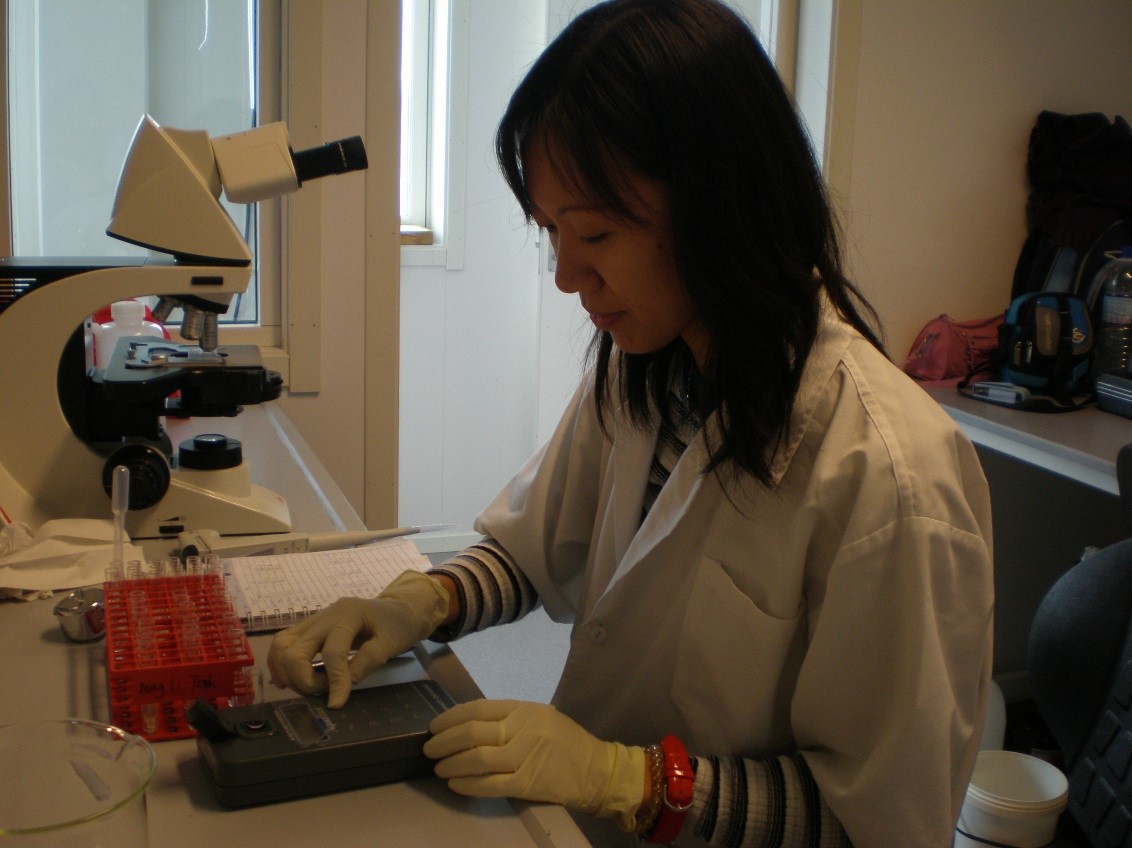 As part of her research activities, she went on three expeditions to Polar Regions. Two of these expeditions were to Casey Station in Antarctica in 2002 and 2005. This is a collaborative project between University of Malaya and Australian Antarctic Division (AAD), with support from the Academy of Sciences Malaysia (ASM).
As part of her research activities, she went on three expeditions to Polar Regions. Two of these expeditions were to Casey Station in Antarctica in 2002 and 2005. This is a collaborative project between University of Malaya and Australian Antarctic Division (AAD), with support from the Academy of Sciences Malaysia (ASM).
Dr Wong collected samples from various sites for the isolation of Antarctic microalgae. She also conducted some field experiments to investigate the effect of solar UVR on the culture of Antarctic microalgae. In 2008, Dr Wong went on another expedition to Ny-Alesund in Arctic to carry on her UVR research, in a collaborative project between University of Malaya and Alfred Wegener Institute, Germany.
Dr Wong has published her Polar research findings in several ISI- and Scopus Cited Journals and has also presented her finding in many international conferences. Dr Wong won the Best Poster Award at the 5th Malaysian International Seminar on Antarctica (MISA 5) in 2011, and First Prize in the Poster Presentation at MISA 3 in 2007.




